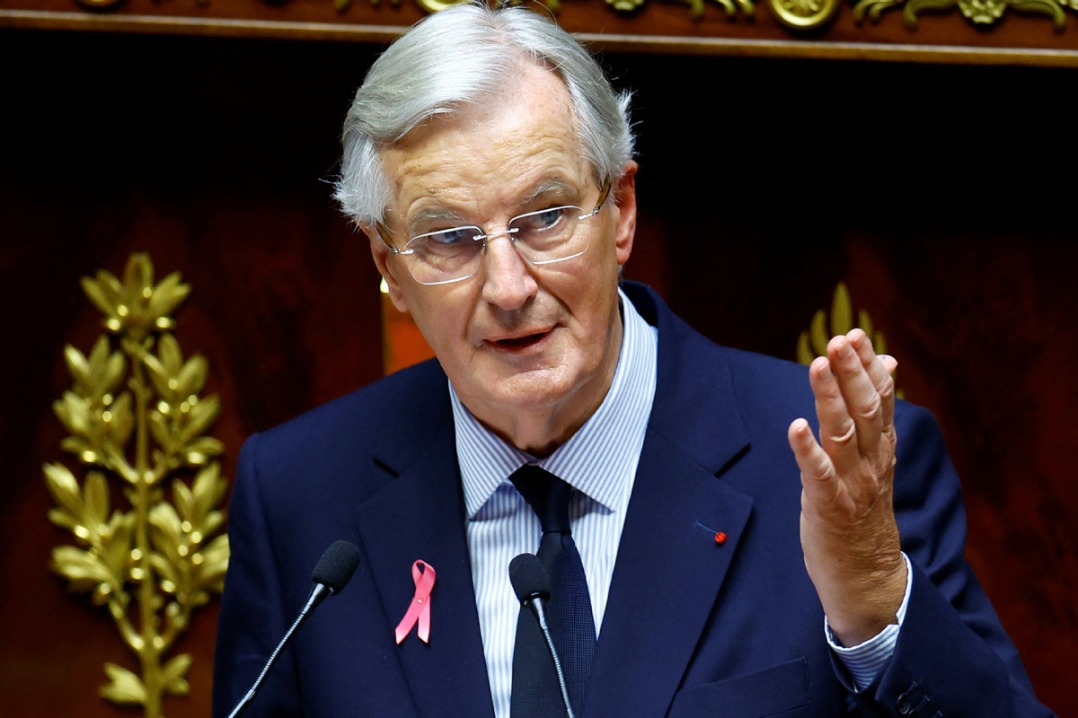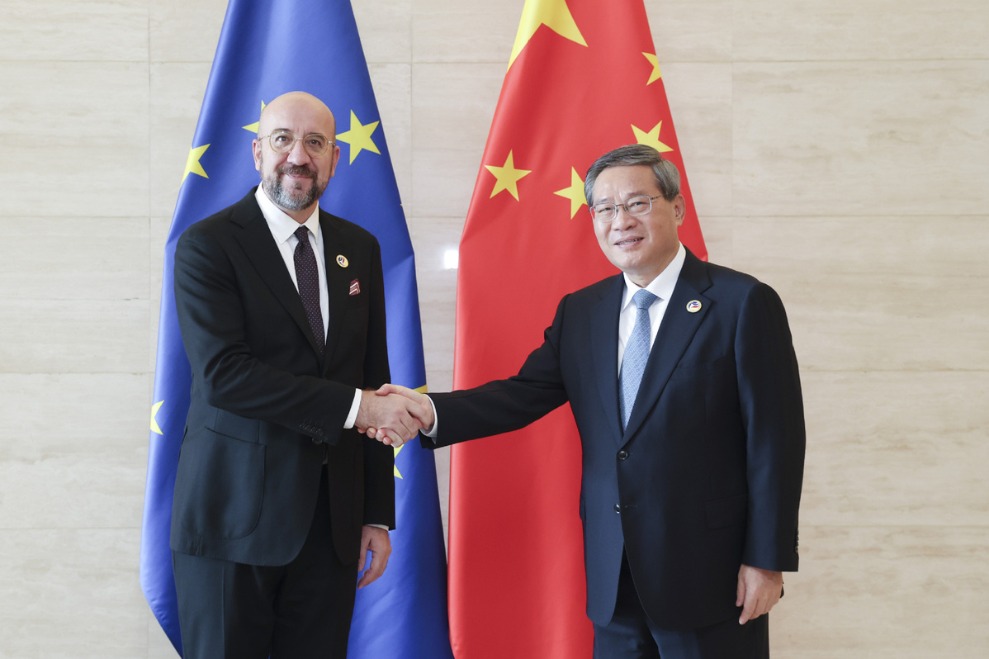Beijing calls for cooling down Ukraine crisis

China has underscored, in its latest shuttle diplomacy regarding the Ukraine crisis, the pressing need to ease the situation and create conditions for a cease-fire to achieve a political solution, amid the risk of spillover and further escalation of the prolonged conflict.
Li Hui, special representative of the Chinese government on Eurasian affairs, has wrapped up the fourth round of shuttle diplomacy, which took him to Brazil, South Africa and Indonesia.
During the visit, Li discussed the crisis with senior officials. He also received interviews by local media, expressing China's determination to work with Global South countries to cool down the crisis.
"I believe that the more people jointly call for action on the Ukraine crisis, the greater the hope for de-escalation of the situation, and the closer we are to restarting dialogue and restoring peace," Li said in the interviews.
No country can remain unaffected by the largest geopolitical conflict with global implications since the end of the Cold War, he said, adding that developing countries in Asia, Africa and Latin America are bearing the brunt of the crisis through serious impacts on their food and energy security.
He reaffirmed China's unwavering and consistent efforts to facilitate peace talks in the Ukraine crisis, and called for the international community to create conditions for the settlement of the issue.
In May, China and Brazil jointly issued a six-point consensus on a political settlement of the Ukraine crisis, which has received positive responses from more than 110 countries.
Li said China and Brazil will work to urge United Nations Secretary-General Antonio Guterres to distribute the six-point consensus as an official document at the UN General Assembly, urging more members of the international community to join in supporting it.
Li Yonghui, a researcher of Russian studies at the Chinese Academy of Social Sciences, said, "Beijing has always stood on the side of peace and striven for building international consensus to inject more stability and positive energy into the world."
Given the serious global implications of the conflict, which has lasted for nearly two-and-a-half years with no sign of abating, a growing number of rational voices in global society are calling for peace and seeking a political settlement of the crisis, she said.
As both Russia and Ukraine have shown a willingness to negotiate, Li said the international community should help the two countries resume direct dialogue and prevent the crisis from spreading.
In interviews, Li Hui, the special representative, also slammed the United States for accusing China of providing military support to Russia and for sanctioning certain Chinese enterprises under that pretext.
Li noted that last year, trade between Russia and the US as well as European countries exceeded more than $130 billion, accounting for nearly 20 percent of Russia's total foreign trade.
Therefore, the logic behind US sanctions is ridiculous, and such double standards should be firmly rejected in order to safeguard international fairness and justice, he said.
He defended normal economic and trade cooperation between Beijing and Moscow as a legitimate right between the two countries and said that external smears, disruptions and coercion won't be allowed.
China never provides lethal weapons to any party in a conflict and strictly controls dual-use items, the special representative added.
































